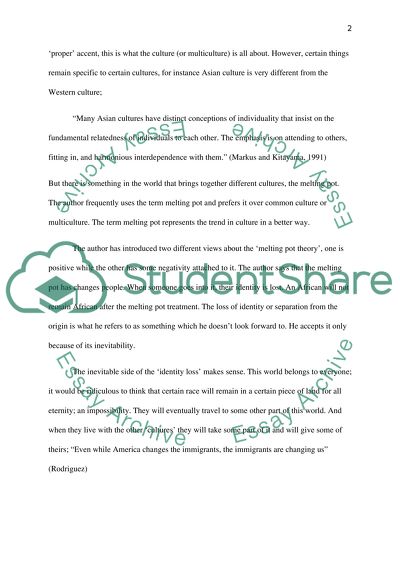Cite this document
(Rogerian Argument on The Chinese in all of Us by Richard Rodriguez Article, n.d.)
Rogerian Argument on The Chinese in all of Us by Richard Rodriguez Article. https://studentshare.org/sociology/1457569-rogerian-argument-on-the-chinese-in-all-of-us
Rogerian Argument on The Chinese in all of Us by Richard Rodriguez Article. https://studentshare.org/sociology/1457569-rogerian-argument-on-the-chinese-in-all-of-us
(Rogerian Argument on The Chinese in All of Us by Richard Rodriguez Article)
Rogerian Argument on The Chinese in All of Us by Richard Rodriguez Article. https://studentshare.org/sociology/1457569-rogerian-argument-on-the-chinese-in-all-of-us.
Rogerian Argument on The Chinese in All of Us by Richard Rodriguez Article. https://studentshare.org/sociology/1457569-rogerian-argument-on-the-chinese-in-all-of-us.
“Rogerian Argument on The Chinese in All of Us by Richard Rodriguez Article”. https://studentshare.org/sociology/1457569-rogerian-argument-on-the-chinese-in-all-of-us.


